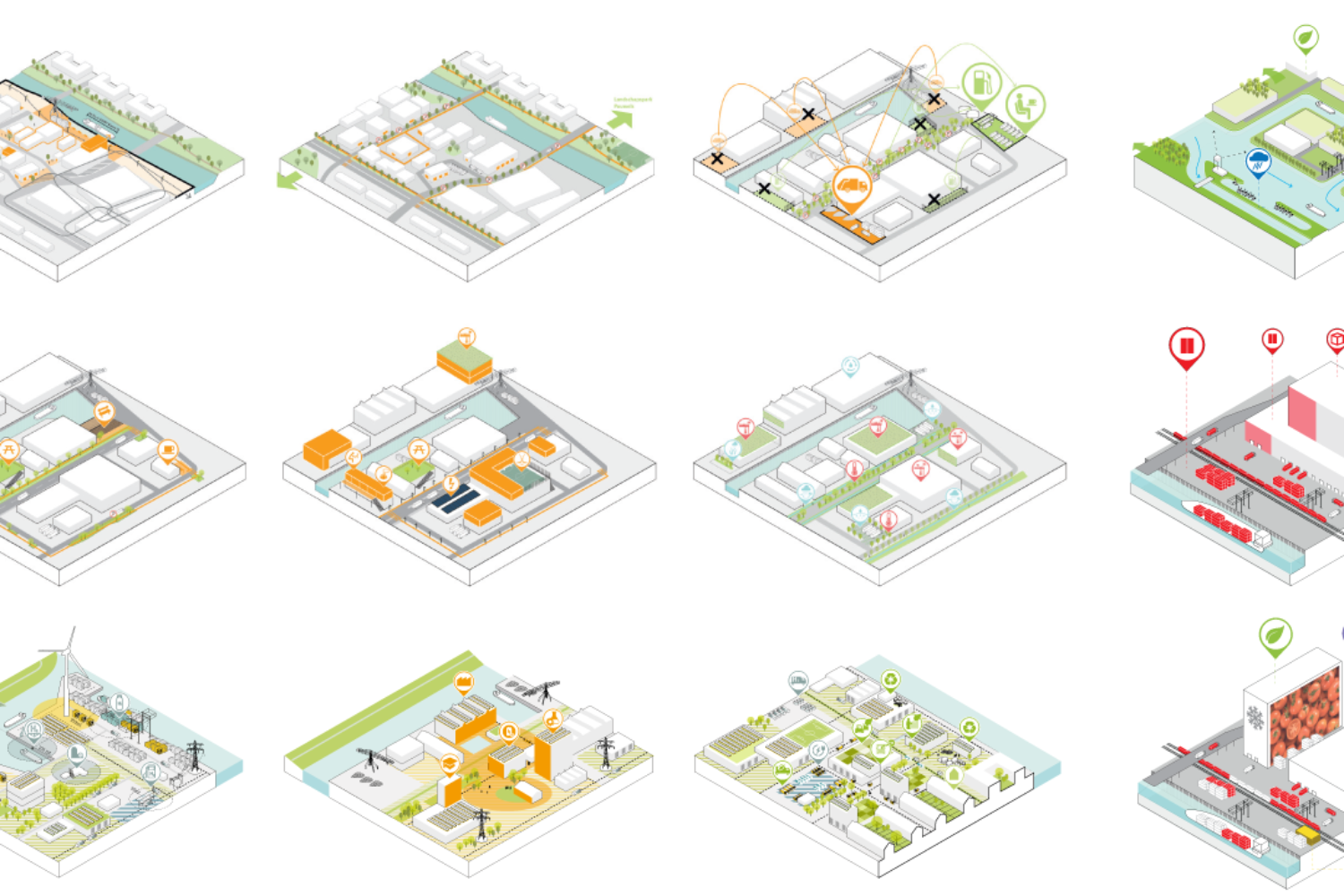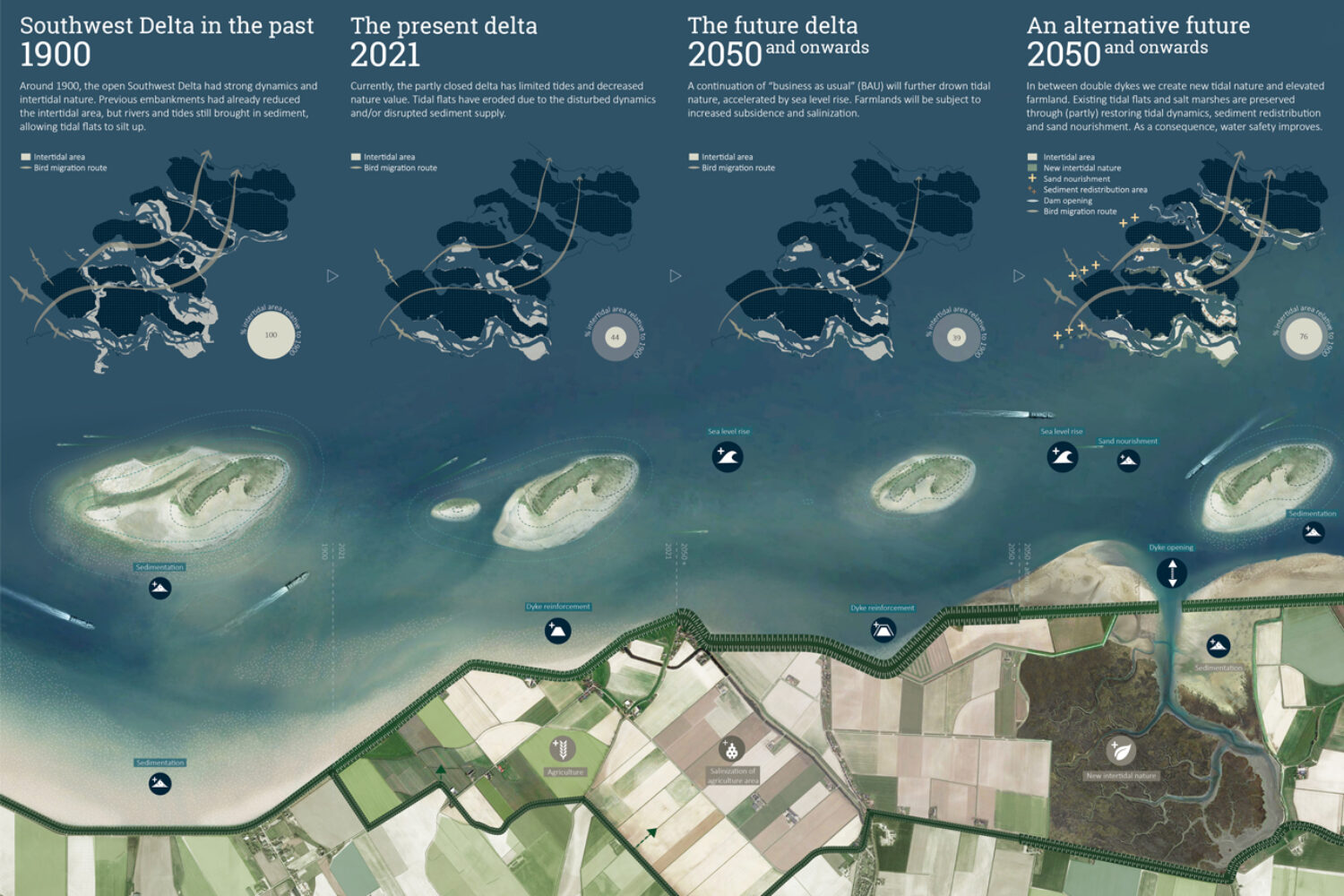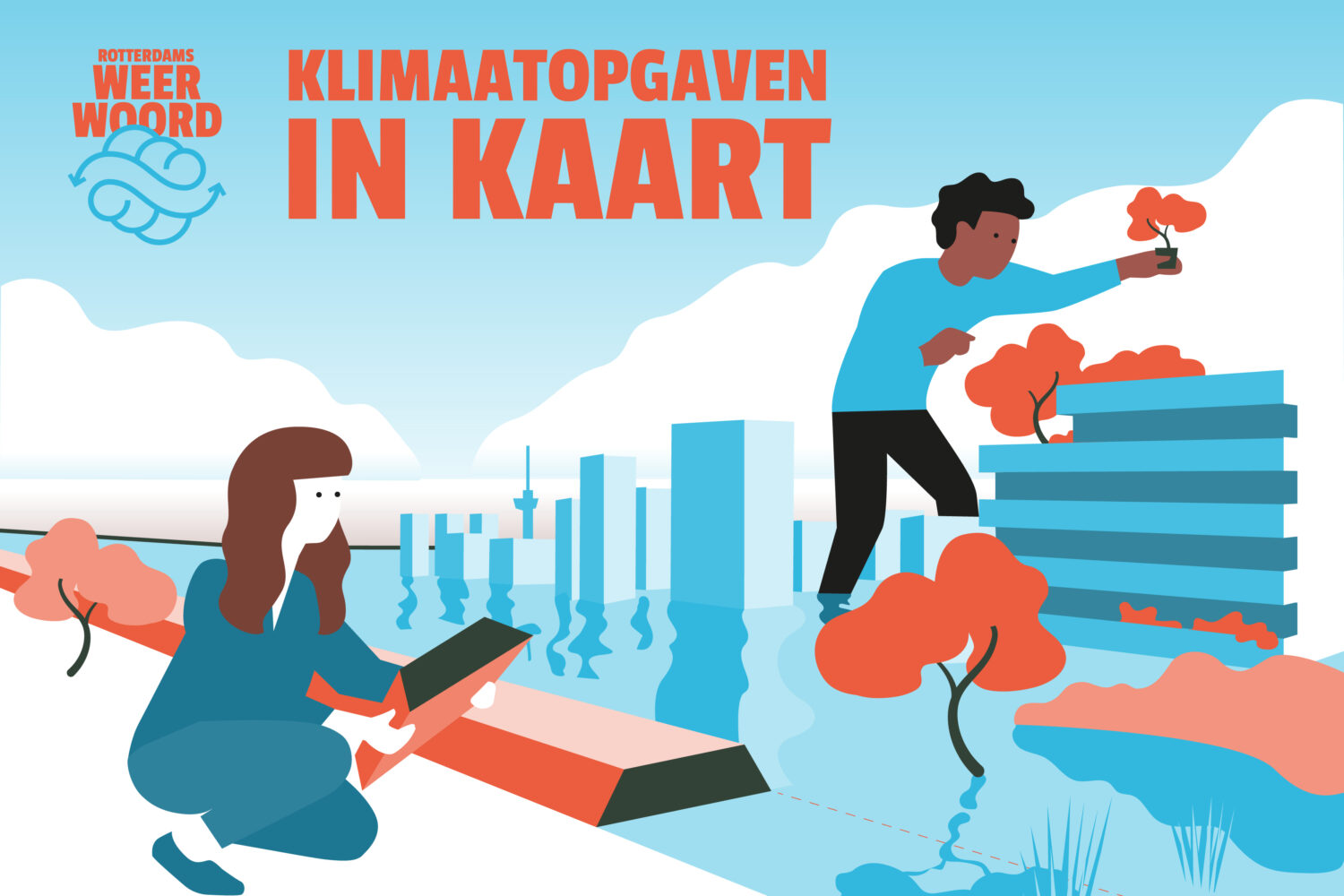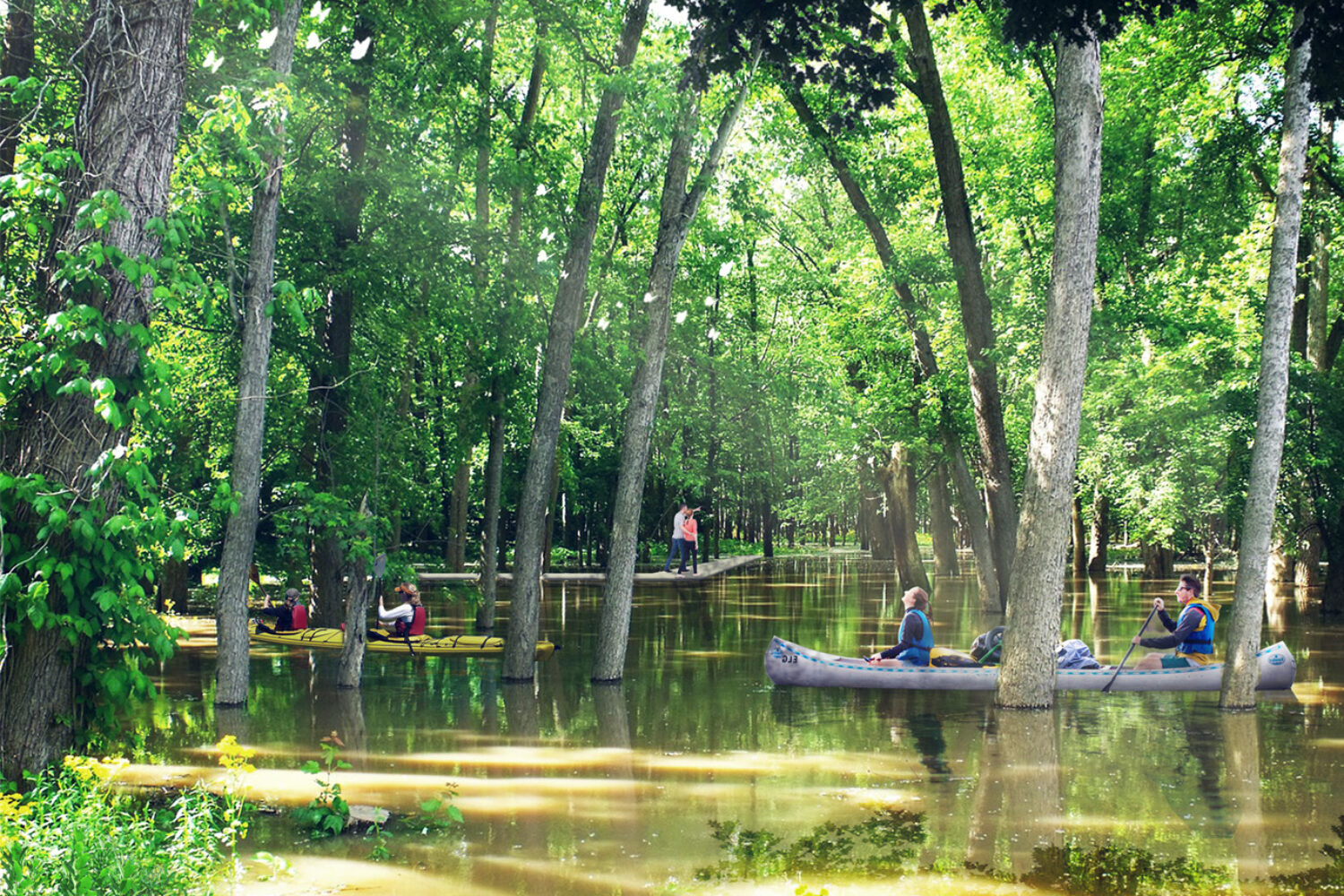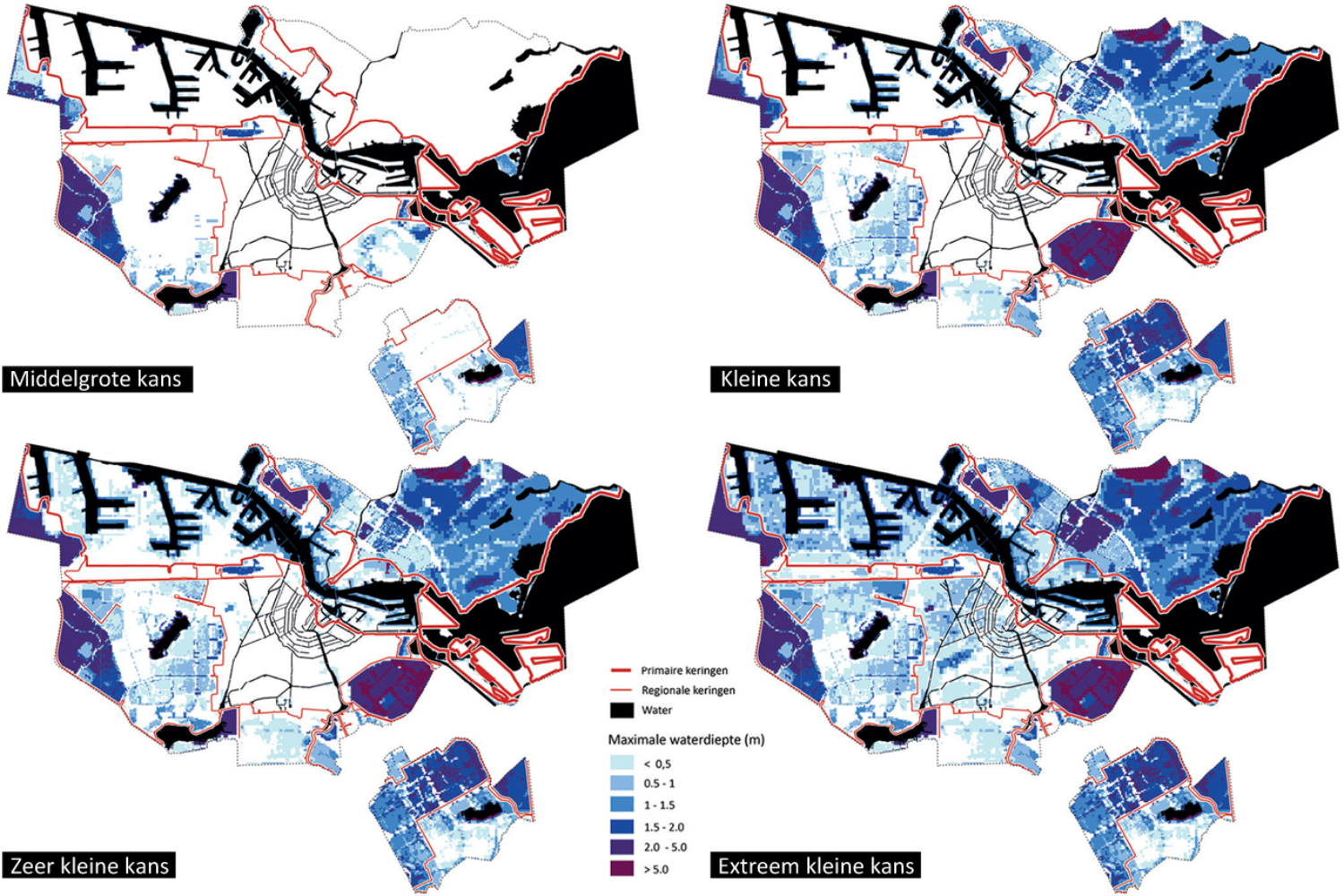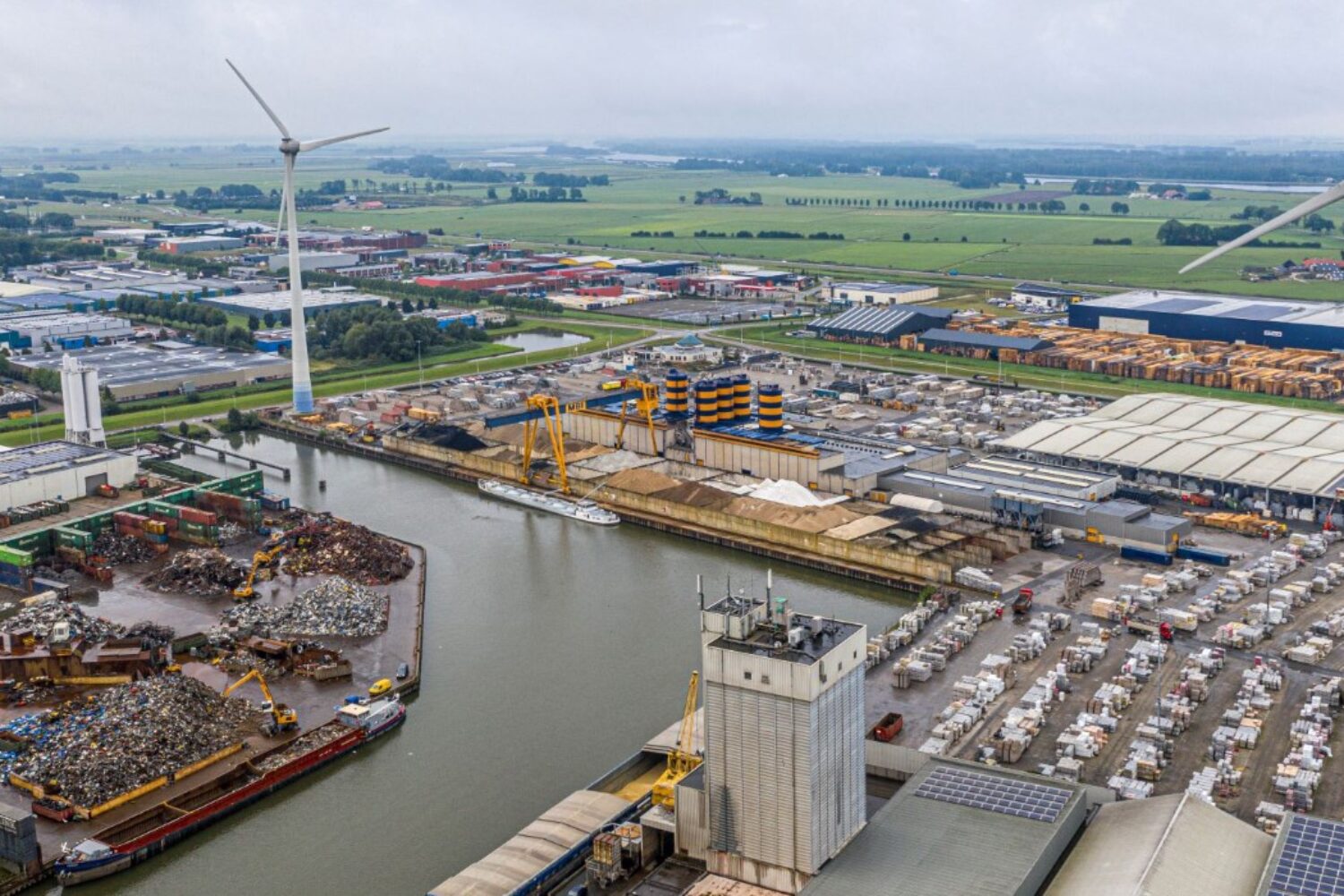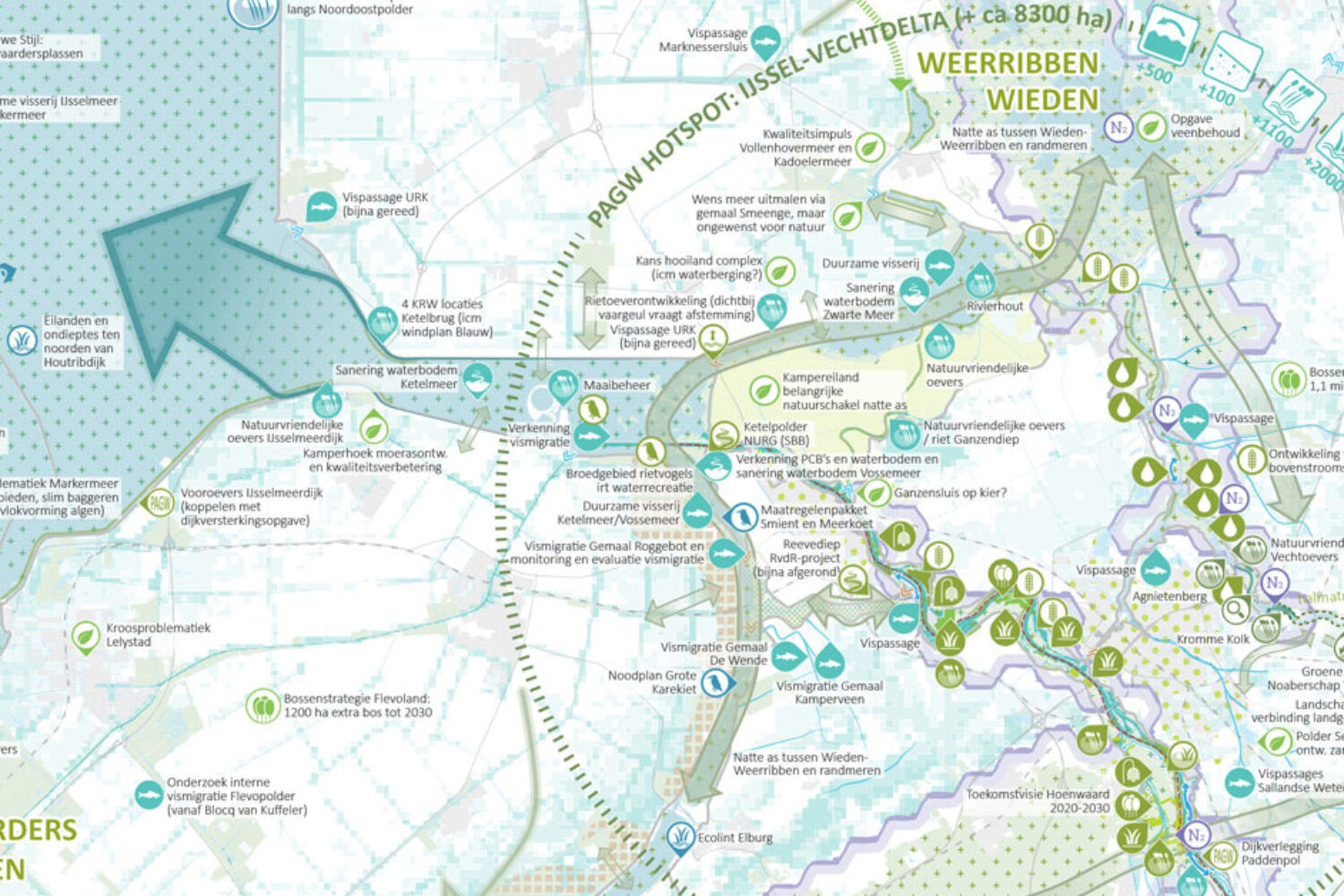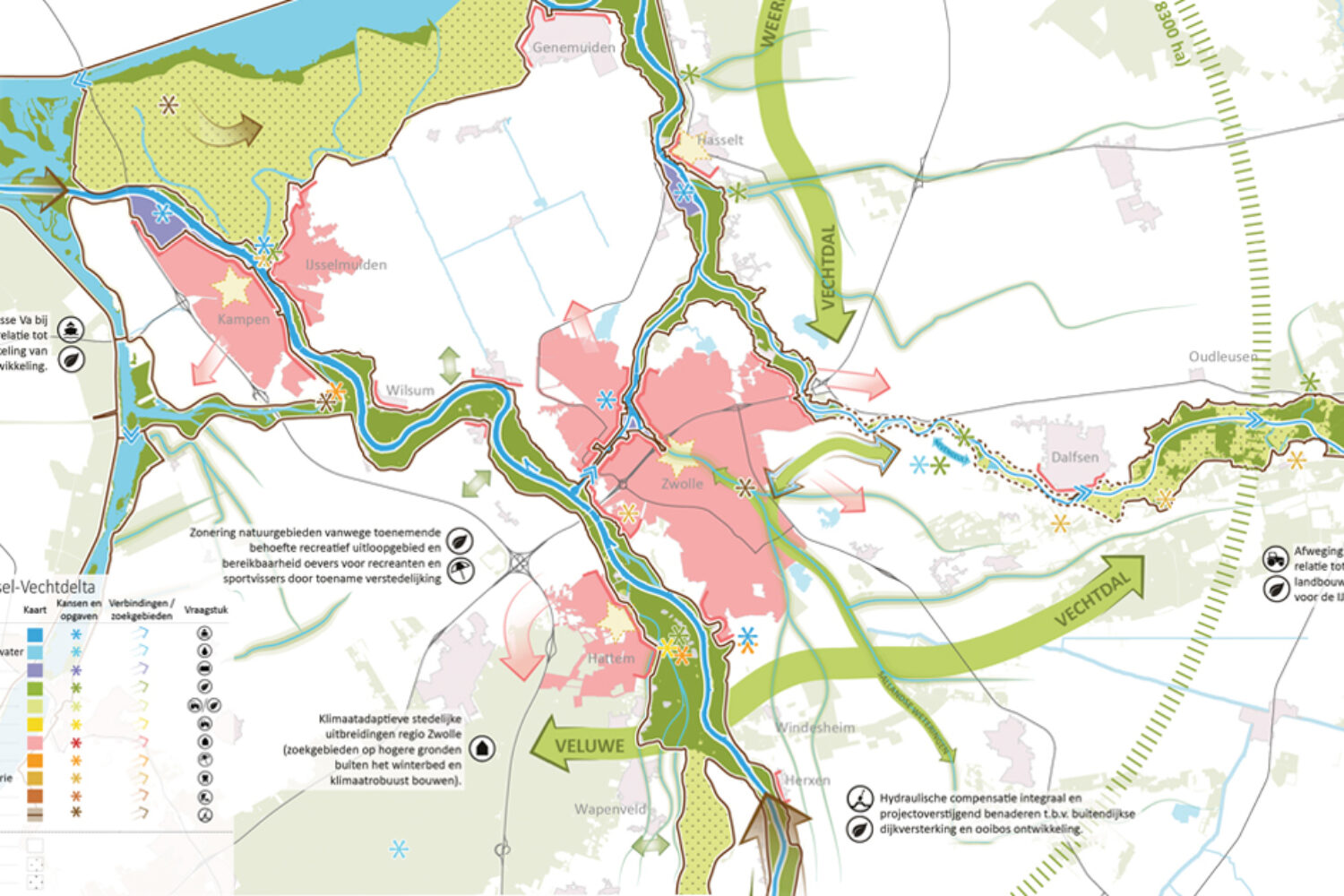In the Netherlands rapidly growing distribution sector and e-commerce ‘boxes’ are a very prominent aspect of the new trade landscape. This led to a public debate about the desirability and conditions for these new economic developments. The distribution centers compete for scarce space with other land use ambitions and claims such as housing and nature development. Yet the distribution landscape is hardly approached in an integrated or spatial manner. Not only does this affect the spatial quality, also opportunities for links with contemporary developments (such as circularity and energy transition) remain untapped.
Together with Vereniging Deltametropool, we explored spatial dilemmas, opportunities and possible solutions, on the basis of three logistics nodes in Tilburg, Nijmegen and Venlo. They are all part of the Freight Corridors East and Southeast. On the basis of design explorations and work sessions with the three municipalities, we developed insights by means of a number of tools that can be used to promote sustainable distribution, energy supply and use of space in the nodes.
For each location, we explored a theme that represents the challenges of this area, while offering tools that can be applied to other locations along the Netherlands freight corridor. In Tilburg we focus on sustainability, densification and creating more mixed urban trade landscapes, in Venlo on strategic specialization of the node in relation to other nodes on the corridor and in Nijmegen on opportunities for sustainable energy supply networks. Next to physical interventions we identified governance principles needed to allow for the ambitioned change.
You can read more about the project here.
